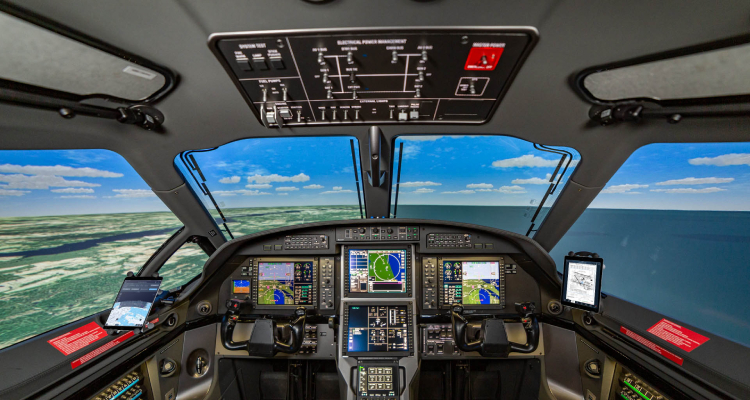
Flight simulators have long been an invaluable tool in pilot training. Offering a high-fidelity representation of actual flight conditions, they provide a risk-free environment for pilots to practise, learn, and evolve. This article aims to elucidate the crucial role that simulators play in flight training, and why they are an indispensable asset for aspiring and experienced pilots alike.
Why Simulators Matter in Flight Training
Before diving into the nitty-gritty, it's essential to grasp the overarching advantages of using simulators:
- Risk Elimination: Simulators remove the dangers associated with practising complicated manoeuvres in real aircraft.
- Cost-Effectiveness: Flight simulators can be a more cost-effective method for loggable training hours, as they save on fuel and maintenance costs.
- Environmentally Friendly: With no fuel burned and no emissions, simulators are a greener choice.
- Immediate Feedback: Instructors can provide real-time feedback, making the learning curve faster and more effective.
Types of Simulators
Full-Flight Simulators (FFS)
These are the highest level of flight simulators available, often used by commercial airlines and military for pilot training. They offer motion platforms and advanced visual systems.
Flight Training Devices (FTD)
These don't have motion platforms but still provide realistic cockpit controls and instrument panels. They are often used for instrument training and procedural practice.
PC-Based Simulators
These are software-based systems that run on a regular computer. They are less immersive but still provide valuable experience in navigation and control systems.Applications in Training
Basic Skills
Fundamental skills like taking off, landing, and basic manoeuvres can be practised and mastered in simulators before performing them in an actual aircraft.
Emergency Procedures
Simulators can emulate various emergency situations like engine failure, weather conditions, or system malfunctions, enabling pilots to practise their response strategies.
Instrument Training
Pilots can practise reading and interpreting flight instruments, essential for flying in adverse weather conditions.
The Future: Virtual Reality and AI
The introduction of Virtual Reality (VR) and Artificial Intelligence (AI) into simulators is making the experience even more immersive and customisable, promising an even more effective training tool in the years to come.
Frequently Asked Questions
Are flight simulators a mandatory part of pilot training?
While not always mandatory, simulators are a highly recommended and often integral part of modern pilot training programs.
Can you log flight hours on simulators?
Yes, many aviation authorities allow certain types of simulators to count towards loggable flight hours.
How realistic are modern flight simulators?
High-end Full-Flight Simulators are incredibly realistic, offering motion platforms and advanced visual systems that closely mimic real-world flying conditions.
Conclusion
Flight simulators are a cornerstone in pilot training, providing a risk-free, cost-effective, and highly effective training environment. With technological advancements making simulators more realistic and engaging, their importance in aviation education is set to soar even higher.
